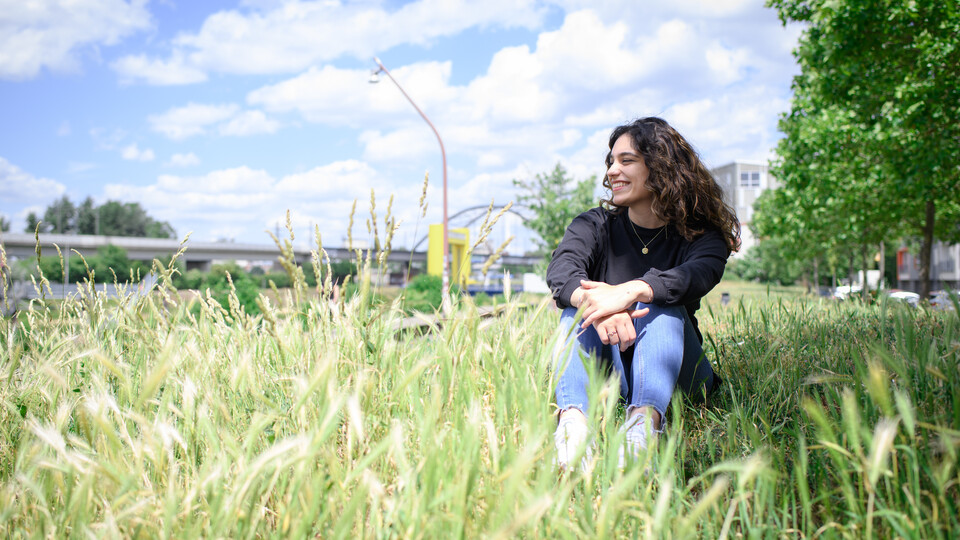Survey Results on Life and Well-Being in the Rhine and Neckar Region

A total of 718 people took part in the non-representative “RegioRadar” survey – 487 came of them from Mannheim and 231 from the surrounding region.
Mannheim residents feel safer in Mannheim
The evaluation shows clear differences in subjective well-being: 76 percent of respondents from Mannheim said they felt “very” or “quite comfortable” in the city. Of the respondents from the Rhine-Neckar metropolitan region, only 51 percent said they felt comfortable in Mannheim. There is also a difference in the feeling of safety: while 56 percent of Mannheim residents feel safe where they live, only 39 percent of residents in the surrounding metropolitan region say they feel safe in Mannheim. Astrid Kickum, co-project manager for evaluation at TransforMA, assumes that Mannheim still has to recover after the two traumatic incidents in the city center – the fatal knife attack on a police officer on the market square and the rampage on the Planken: “Clearly, the respondents' sense of well-being and safety has been affected.”
Different perceptions of problems in the city and region
The survey also provides information about the problems perceived as particularly urgent at the local level. In Mannheim, the focus is on “safety/crime” (34 percent), “dirt/noise” (33 percent) and “poverty/inequality” (32 percent). In the region, “transport/infrastructure” (37 percent), “cost of living and rent” (35 percent) and “lack of social cohesion” (33 percent) dominate.
RegioRadar also asked about strategies that people in Mannheim and the metropolitan region are using to deal with the social upheavals, such as the political shift to the right and the polarized political mood. “There is no single strategy for coping,” says Kickum, “measures are individual and vary: consuming the news in moderation, consciously thinking positively or turning to one’s own network are just a few examples. While some retreat into their private lives, others get involved in the city to help shape it and change it for the better.”
Low trust in politicians
Another finding of the survey is that only about one-third of people in Mannheim and the Rhine-Neckar metropolitan region trust regional politicians. In contrast, about two-thirds trust the region's research institutions. Around half believe that higher education institutions can contribute to solving problems. Julia Derkau, TransforMA project manager at the University of Mannheim, comments on this result: “We see that half of the people surveyed would like to see more involvement from higher education institutions in current problem areas. This is exactly where TransforMA comes in – in providing expertise and specialist knowledge and closer cooperation between local politics and higher education institutions.”
The survey will be conducted again in 2026 and 2027. All results and further information are available at: https://transfor-ma.de/2025/06/18/ergebnisse-des-regioradar-2025/
About TransforMA
TransforMA is a project funded by the Federal Ministry of Research, Technology and Space (BMFTR) and carried out by the Technical University of Applied Sciences Mannheim and the University of Mannheim to support the Rhine-Neckar metropolitan region in the current transformation processes. The initiators of the project focus on the exchange of knowledge, ideas, and technologies to develop solutions for the challenges of tomorrow.
